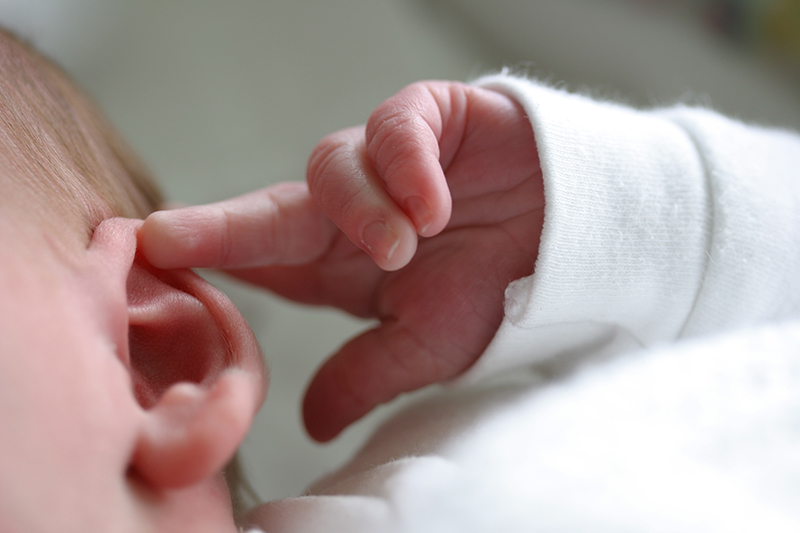Families For Life | Foreign Objects in Noses, Ears, Eyes and Mouths-Babies

It’s not unusual for children to poke small foreign objects into their own – or another child’s – nose, ears, eyes or mouth, especially between the ages of nine months and four years. Sometimes these things can get stuck and cause irritation and infections.
Why kids stick foreign objects where they shouldn’t
Some toddlers and young children put small foreign objects into their ears or noses, or swallow things that aren’t food, out of curiosity. They’re experimenting with the world around them and learning what happens when they try different things.
If you think your child has something stuck in his nose, eye, ear or any other body opening, seek medical advice. Don’t try to remove the object yourself, because this could cause further injury.
Foreign objects to look out for
Children under four years are most at risk of inserting or swallowing small foreign objects, so keep the following out of reach of your child:
foods such as popcorn, dried peas, watermelon seeds, nuts and chocolate with nuts
marbles, buttons, beads and pen lids
polystyrene balls found in bean bags and stuffed toys − these can be inhaled and don’t show up on x-rays
coins
small batteries, which can leak acid and cause injury if swallowed
toys with removable eyes, noses or other small parts
needles, pins and safety pins
It’s best to use pins with a safety catch, and keep them closed when you’re not using them. Also avoid putting safety pins in your mouth, because your child might copy you.
Preventing foreign objects from being swallowed, inhaled or inserted
It’s important to try to identify potentially risky situations ahead of time. These tips can help:
Supervise toddlers and small children while they eat − they like to experiment and play with food, which can lead to injuries. Encourage your child to sit quietly when eating and drinking.
Don’t give your child popcorn or nuts (especially peanuts) until he’s at least three years old. A thin layer of peanut butter or hazelnut spread on bread is a good alternative.
Cut all food into small pieces, and remove sharp or small bones from fish, chicken and meat before giving them to your child. Deboned fillets can be a good option.
Try to wait until your child is four years old before letting her eat small pieces of sweets. Sweets are sometimes food and best saved for special occasions anyway.
Avoid glitter, glue and small beadwork.
Teach older siblings that a baby’s ears and nose are delicate, and that they’re not for poking things into.
It’s best to sand or polish any rough, splintery timber your child might come into contact with – for example, on old furniture.
Check the floor and low tables for pieces of jewellery, dried peas and other small objects.
Items that are smaller than a D-size battery pose a choking threat to children under four years, so try to keep such objects away from your child.
Signs your child has a foreign object stuck somewhere
Nose
Your child might:
complain of pain or itchiness
have a smelly discharge from one nostril
bleed from the nose
have bad breath.
Ear
Your child might:
complain of an earache (but some objects might not always lead to this)
have redness in or around the ear
have discharge from the ear
have reduced hearing.
Eye
Although children rarely stick things in their eyes on purpose, they can unintentionally poke themselves or rub foreign substances into their eyes. Items that get trapped are most commonly found in the conjuctiva, between the eyeball and the eyelid.
Your child might:
complain that something is in his eye, or rub it a lot
have pain in the eye
have a weeping eye
have pain when he looks at a light
blink a lot.
© raisingchildren.net.au, translated and adapted with permission
Explore more